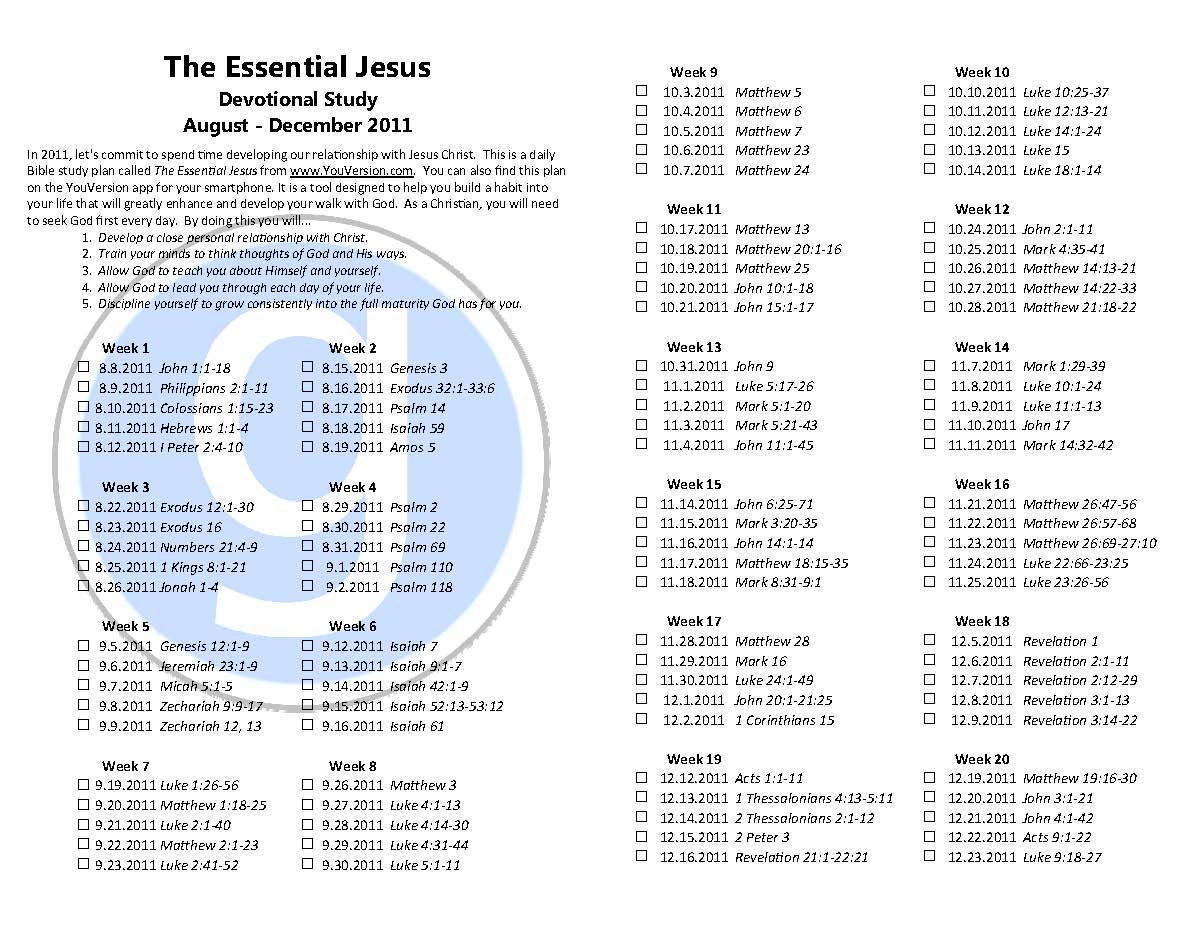One of the things that we can all say that we do to our mobiles is that we go about customizing it. Usually, that starts with something simple such as adding a wallpaper that has someone/something significant on it. Others go the route of adding cases to their devices – first because of protection needs – because of the ease at finding something unique for both a personal statement and visual message. Or, we might go the extra step with ring-tones/ring-back tones so that people who hear our mobiles know that its ours. This is part of a route that I tend to take, and delight very much in doing what I can with applications such as Situations (Google Now, Tasker and Locale are similar apps for Android devices) to customize how my device acts in a particular moment.
Some people go a bit further, we learn how others might have reprogrammed their mobiles and go about building custom applications and services to plug into our mobiles. And even further more are those people whom hack, jailbreak or root, or just use it (ah the fun of those folks using Maemo and MeeGo mobile devices; which come out of the box ready to be tinkered with) and find opportunities to personalize the mobile experience such that they are able to gain the most out of the device, while learning or exercising in the process. One could make the statement, the process of making the device “yours” goes a long way into ensuring that the experience of a mobile device or service stays relevant.
I wonder then about the parallels to when we start using these devices and services in our faith experiences. True, there are only so many routes that one can go with this kind of intersection, but I wonder if our experiences with mobile devices also opens us up to the potential of having faith experiences that are more personal than communal or liturgical?
When we meet God speaking and engaging with others in the Bible and religious history, we see first a personalized experience that later becomes something that a community of people are able to take part in. Moses engaged God first at a burning bush, and it was after many moments of fellowship and conversation that the burning bush moment became something that was (asked by God) to be an event shared with all of Israel (Moses telling them to prepare themselves for the Lord will come off the mountain… then to “Moses, you speak to God for us” – an unpersonalized faith interaction). Its interesting, because we have these devices that in some respects acts like this moment of the person or item being right there with us, and we can customize the channel to do so. And at the same time, we can customize it such that we also isolate ourselves from one another, or even from sharing the faith with one another.
YouVersion and many other Bible apps offer reading plans. These reading plans are usually designed (or authorized) by another party, and then you engage with them. Depending on the Bible application, you can either keep your progress personal, or share your successes and challenges with a community built around that application or service. Should our faith be so easy to personalize then? Or, should the items that we use to bolster or mature in the faith, keep us mindful of the fact that some aspects of this walk do need to happen in the closet, while others would be better walked out with others?
